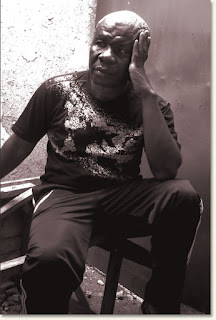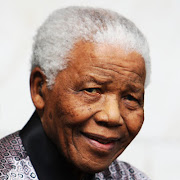 |
| Laurent Gbagbo. |
Prior to this dispute that has raised concerns of another civil war in Ivory Coast, the electoral commission declared Alassane Ouattara the legitimate winner of the 28 November presidental run-off election, but the Constitutional Council (reportedly loyal to Laurent Gbagbo) later overturned the results and declared incumbent President Laurent Gbagbo the "legitimate" winner. This marked a major setback to attempts to secure a fragile peace in Ivory Coast.
The ensuing power struggle endangers lives in the west African country, and although power struggle and post-elections violence is typical in Africa, commonsense suggests that no life should be lost because of attempts to cling to power.
Times have changed and this time, the world is closely watching the events in Ivory Coast. The African Union, in a rare move, has asked Laurent Gbagbo to step aside, the European Union (EU), United Nations (UN), Economic Community Of West African States (ECOWAS), United States, South Africa, France and Nigeria have done the same.
Ivorians have the right to elect their leader and according to the independent national electoral commission and the international community, the masses democratically elected Alasssane Ouattara. Laurent Gbagbo should do the right thing and relinguish his firm grip on power. The people have spoken and they deserve to have their voices heard.
Perpetrators of post-elections violence and crimes in Ivory Coast and beyond would eventually have their day in a national or international court of law.












